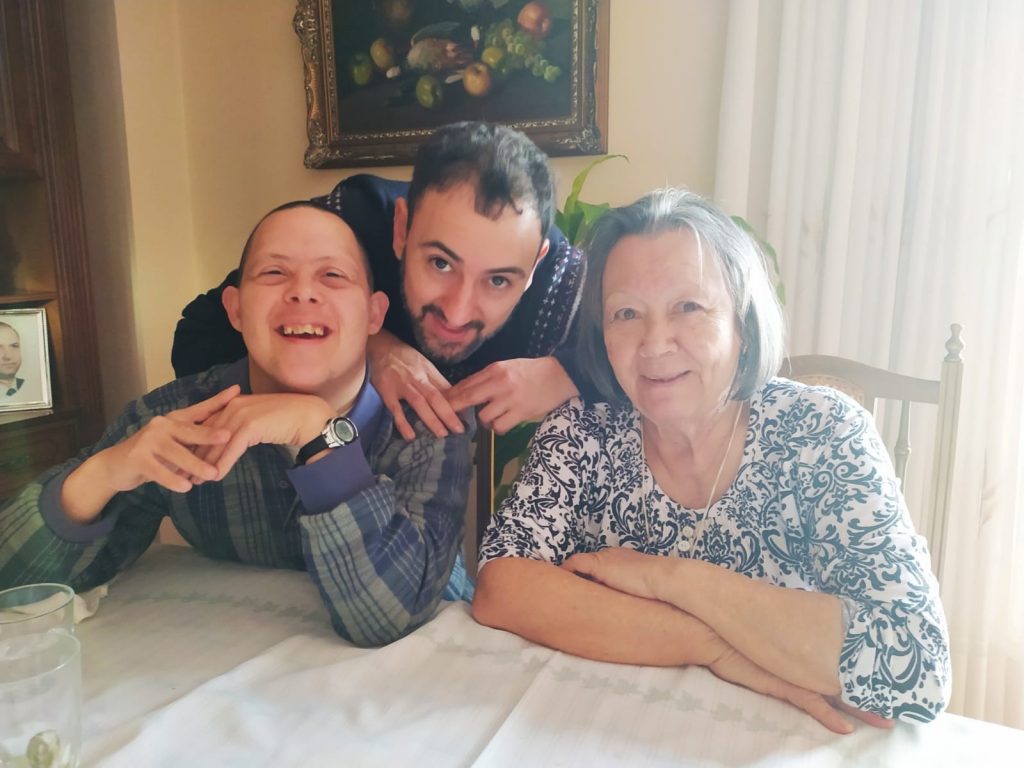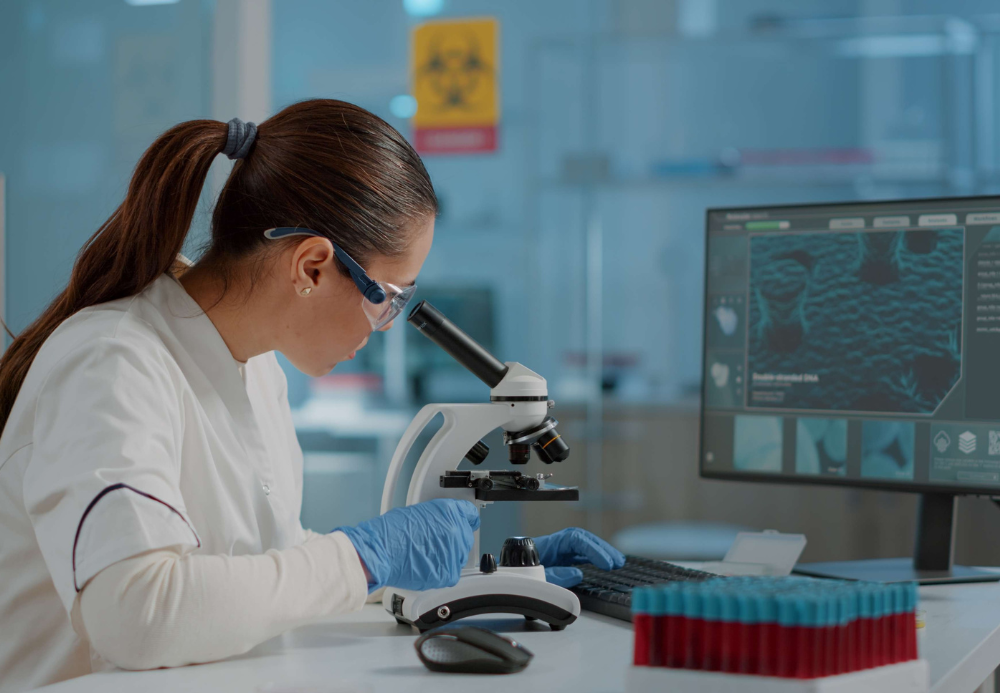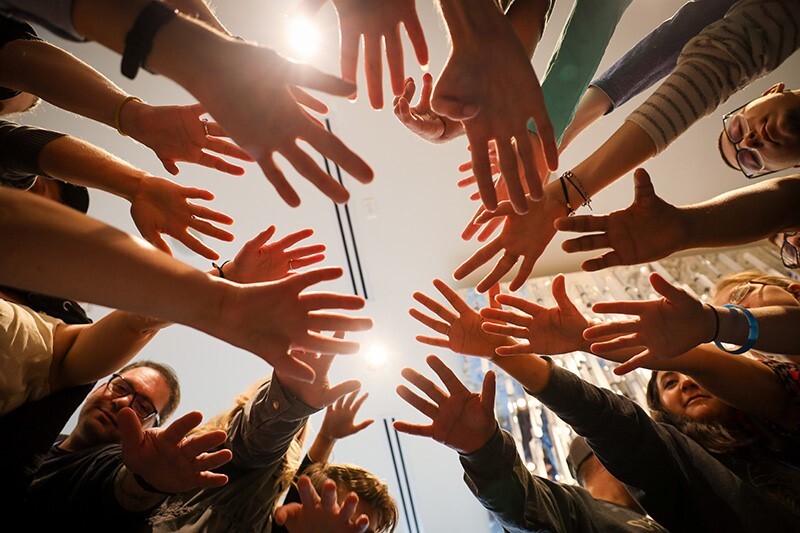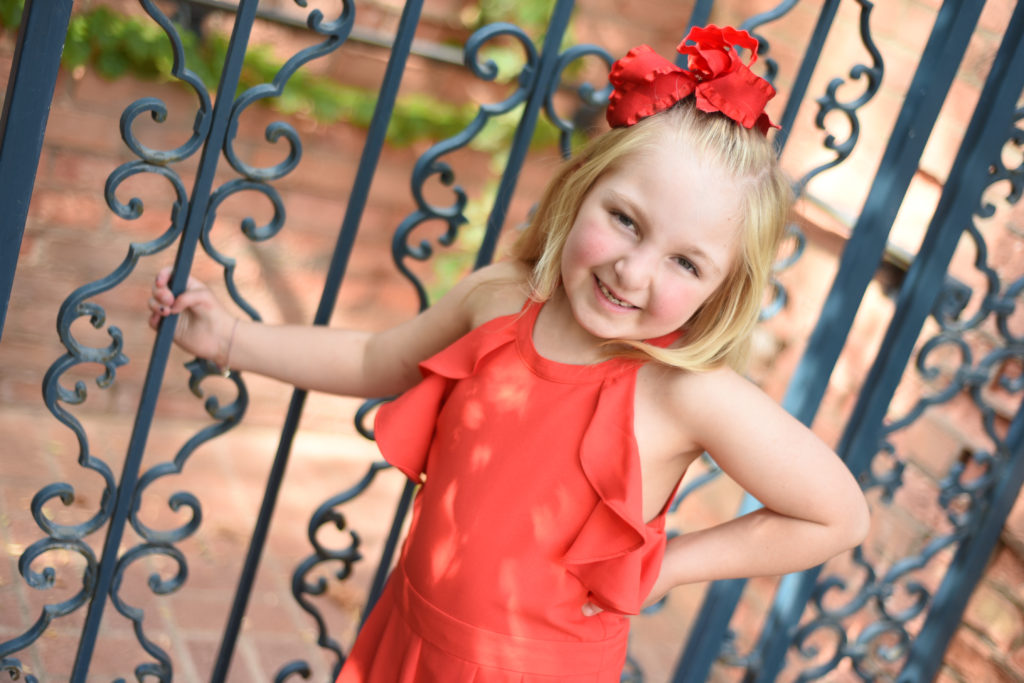Name: Jordi Minguillón, PhD
Institution: Genomic Instability Syndromes and DNA repair Lab (Sant Pau’s Hospital Research Institute, IR-Sant Pau), Centro de Investigación Biomédica en Red de Enfermedades Raras (CIBERER-ISCIII) and Universitat Autónoma de Barcelona (UAB), Barcelona, Spain.
Area of expertise: Drug screening, cancer therapeutics, orphan drugs
My work:
In Jordi Surrallés’ lab, we are focused on finding safer therapies to prevent and/or treat Fanconi anemia’s worst clinical manifestations, such as bone marrow failure or solid tumors. To find an effective therapy for solid tumors, especially head and neck cancer, is an enormous challenge for people with FA, as they have an extreme sensitivity to conventional chemotherapy and radiotherapy. In our research group we plan to conduct a clinical trial with afatinib, a non-genotoxic anticancer drug already used in advanced lung cancer. We have preclinical evidence that afatinib can stop tumor growth in vitro in Fanconi-derived cell lines, and in vivo in Fanconi tumors grown in immunodeficient mice, and shows low toxicity in FA non-tumor cells and mice. We believe afatinib will be effective in FA patients as it has been in the general population. We also know that in the future, different kinds of therapy will be needed to control tumor growth. We are taking the first steps on a long road, and thanks to the great support from FARF, we are paving the way to make cancer a non-terminal disease for FA patients.
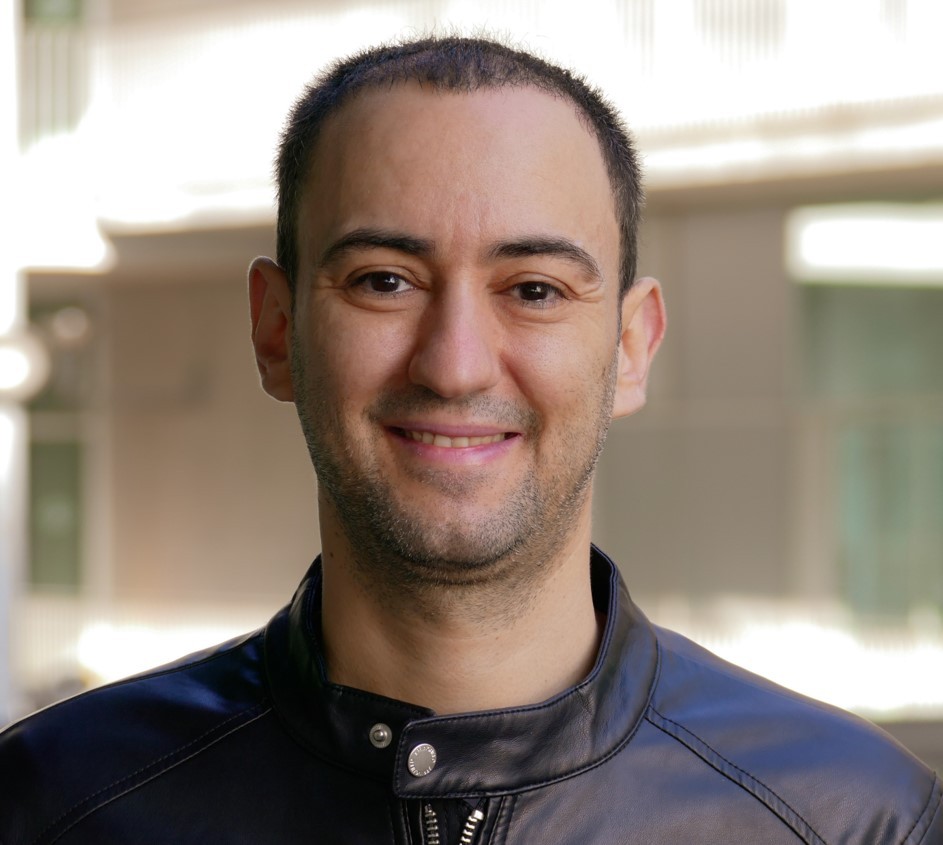
Dr. Minguillon
What motivates me to work on FA:
For me, it’s clear: in the last few years, our research has shown that we can have an impact on the survival of people with FA. And step by step, we are seeing the possibility to improve life span for those with FA, like we’ve seen in the general population. We need clinical evidence to translate our research into care for patients. And once achieved, we will need additional therapies to improve the previous ones, then preclinical evidence, then clinical evidence, and so on. I’m motivated to extend survival and to overcome this devastating disease, step by step.
When I’m not in the lab, you could find me:
Spending time with friends, playing sports, trekking, or enjoying important moments with my family. I’m also a great fan of renewable energies and electric mobility. We could have a great and long talk about that! ?
I’d like FA families to know:
I share with you a photo of my close family: my mother and my youngest brother David, with Down Syndrome. David inspired me to study biology, to do a PhD, and finally, to work as a researcher focused on DNA repair, cancer therapeutics and of course, Fanconi anemia. Thanks to him I have learned that small steps can lead to big moves. And that’s why I want to translate our research to people, to improve their quality of life, no matter how few they are.
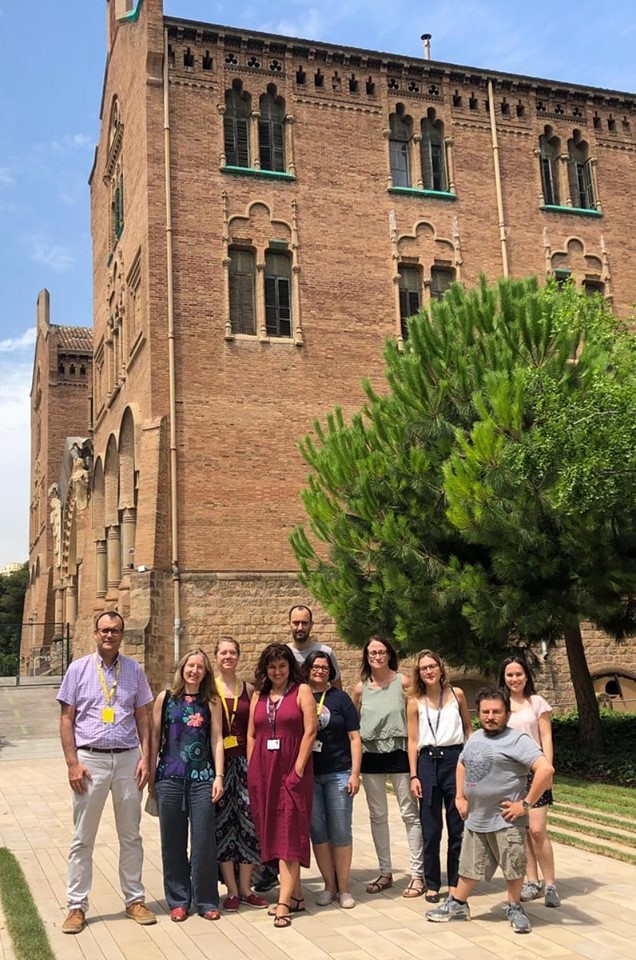
Dr. Minguillon and the Surrallés group
